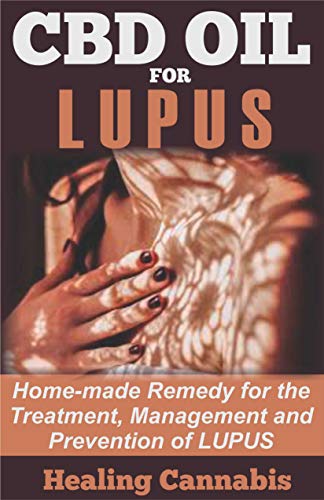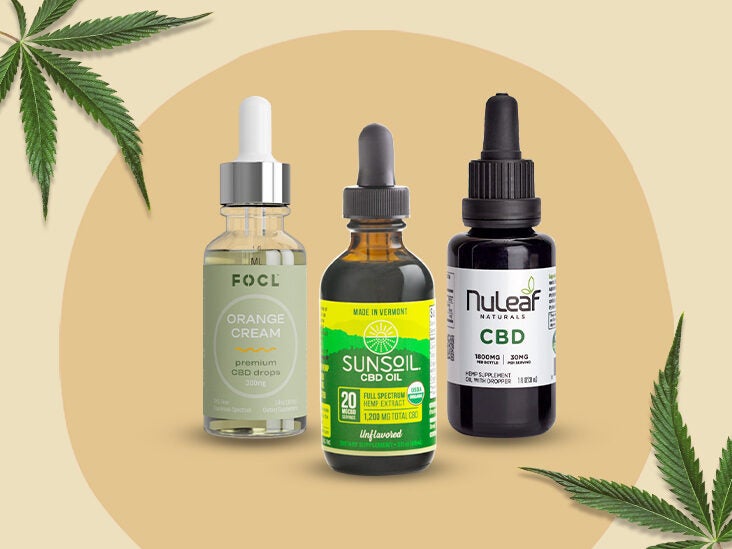
Maryland has many things to do for visitors. This includes its famous blue crawfish and beautiful landscapes. If you're looking to purchase cbd products in Maryland, there are many places you can go. There are smoke shops, convenience store, health food and CBD-specific shops.
Ask for lab results from a third party when shopping for CBD products. This can allow you to make an informed choice about the product's quality and safety. It is also important to learn about the store from which you purchase, especially if CBD products are their only product.
Charm City Medicus Specials
The staff in this store are so friendly and knowledgable about the different products they offer. You will be guided to the best product for your requirements. Also, they have daily offers and reward points so you can save tons of money.
Village Green Apothecary Coupon Code
As CBD products are expensive, it is important to find ways to lower your costs. Village Green Apothecary coupons are a great way to cut costs. HotDeals has these codes that will let you buy high-quality products for the lowest prices.

Maryland Hemp Laws
If you want to buy a hemp-based product in Maryland, you'll need to ensure that it is free of THC. In contrast to cannabis plants, hemp contains only trace levels of THC. In this state, it is legal to purchase CBD from hemp.
A licensed dispensary in Maryland will also sell hemp-derived CBD. These dispensaries are allowed to sell hemp-based CBD products that contain less than 0.3 percent THC.
Medical Marijuana Maryland
If you have a serious medical condition, you may be eligible for a prescription to use medical marijuana in the state. If you want to know if you're eligible, talk to a doctor that is licensed in medical marijuana.
The process of applying to be a medical marijuana patient is relatively simple. Once you have all your documents in order, you are ready to begin the application.
Before you can get your medical marijuana card, you must first visit a doctor to fill out an application. The specific paperwork you will need depends on what condition you are in, but generally includes an assessment of your symptoms as well as a prescription from your doctor.

All other medications you take must be on a valid script. You cannot use marijuana other than for medicinal purposes. Make sure that you have a prescription.
Our application guide will provide you with more information when you are ready. This will help you get started on the right foot!
FAQ
Is the CBD market saturated or not?
CBD is seeing a steady growth rate of 25 percent annually. This growth rate is expected to continue at least for five more years. The industry is forecast to grow from $2 Billion to $5 Billion by 2020.
Canndoc Ltd and GW Pharmaceuticals are the dominant players in the CBD market. Both companies focus on developing high-quality pharmaceutical-grade products. They have not been very effective so far. Both are struggling to gain traction on the market.
Cannabidiol is an extract of cannabis with less than 0.3% CBD. It does not have any psychoactive properties. It can be used to treat epilepsy, and other medical conditions. It is also used frequently as a dietary addition.
There are many different types of CBD products available. Some CBD products are made from whole plant extracts while others contain CBD.
All of these products share one thing: They contain low levels THC.
They are thus legal under US federal legislation. You will still need to follow local laws if you are selling CBD products. It is important to check the regulations in your state for CBD products.
There are also several states that CBD products are prohibited. These include California. Colorado. Florida. Mississippi. Missouri. New York. North Carolina. Ohio. Oklahoma. Oregon. Rhode Island. South Dakota. Texas. Utah. Virginia. Washington.
If you live in one of these states, then you will probably want to avoid making CBD products.
Are CBD companies a good investment?
The answer depends on the question you are asking. If you want to make money, then yes, they are a great investment, but if you just want to invest in something that might help people, then I would say no because there are other ways to do that without spending $20k on an oil extraction machine.
What are the differences in CBD price between different states?
Prices for CBD products vary widely depending on where you live. You can even find prices that are more than 10 times higher in some places!
In general, prices increase the further north you go. In Alaska, CBD is $35 per gram on average, while it costs $200 in Hawaii.
This trend is continued across the nation. Prices range from $5 up to over $2,500 for a gram.
This is what's the deal?
Variable levels of regulation can explain why prices differ so greatly. Some states require CBD products that contain very little THC, the psychoactive component of cannabis. Some states don't care how much THC is present.
Some companies will sell their products in one place and ship to another.
What conditions are treated by CBD?
A person's health is the most important aspect of any treatment. If you're using cannabis oil for medicinal purposes, a doctor must approve. Without a prescription from a physician, it is illegal for you to use cannabis products.
You don't need a prescription if you use cannabis oil to support a healthy lifestyle. It is best to speak to your doctor before you start using cannabis oil.
The cannabis oil can be made from whole plant extracts (THC and CBN), or it can be isolated compounds called marijuanaoids (CBN and CBN). They contain many different types of cannabinoids, such as cannabidiol (CBD), tetrahydrocannabinol (THC), and cannabinol (CBN).
These components interact to receptors throughout your body to create effects like pain relief, stress decrease, and anti-inflammatory as well as antioxidant properties.
How big does the global CBD market look?
Euromonitor International estimated that the global CBD industry was worth $US3.5 billion in 2015. This is an increase of more than 10% compared to 2014.
The report projects that this figure will reach $US6.4 billion by 2020. This represents an average annual growth rate 12%.
CBD products will make up around half of all products derived from hemp by 2020.
This includes both CBD oils and other CBD products such as food, beverages, cosmetics, and pet care items.
How can CBD products sold in a legally compliant manner by companies?
The FDA doesn't regulate hemp as an agricultural commodity. The Controlled Substances Act regulates other cannabis derivatives (e.g. pot). To date, there are no specific regulations for CBD.
CBD is legal at the state level in 29 states, but federal law still considers it illegal. This uncertainty creates uncertainty for CBD product sellers.
The FDA also maintains strict guidelines on how CBD products may be marketed. THC content must be clearly disclosed. Companies cannot claim CBD is effective in treating certain medical conditions without supporting evidence.
Additional information is required by the FDA regarding manufacturers' manufacturing practices, quality control measures, and other details. They require companies to carry out clinical trials to prove safety or efficacy.
These factors are crucial for companies to consider when developing their marketing strategies.
Statistics
- The inhibition of FAAH is predicted to lead to an increase in brain and plasma concentrations of AEA, which acts as a partial agonist at CB1R and CB2R, thereby increasing endocannabinoid tone [92, 110]. (ncbi.nlm.nih.gov)
- As a substance that was federally illegal before the passage of the 2018 Farm Bill, hemp-derived cannabinoids with no more than 0.3% THC still face a regulatory grey area. (forbes.com)
- however, one study also found that these effects were virtually abolished when the original media (a nutrient broth agar) was replaced with one containing 5% blood (increasing the minimum concentration to ~160 μM CBD) [179]. (ncbi.nlm.nih.gov)
- CBD seems unlikely to directly influence sleep in healthy humans [115] (and maybe “sleep-promoting” in those with certain comorbid conditions) (ncbi.nlm.nih.gov)
- The use of these products is likely to become even more widespread if the World Health Organization's recommendation that CBD no longer is scheduled in the international drug control conventions is adopted by the United Nations member states [201]. (ncbi.nlm.nih.gov)
External Links
How To
What are the common issues in the CBD industry?
The current market for CBD products is growing at an incredible rate. However, this market is still full of challenges for businesses that want to expand. These include a lack consumer awareness, high-cost entry, limited access capital and regulatory uncertainty.
Many consumers do not know what CBD is or how it works. This makes it difficult for consumers to make informed decisions on whether or not they want CBD products.
CBD companies are heavily dependent on word-of–mouth marketing. This is costly because they have to pay for advertising and hire staff to promote their brand.
Another issue for new entrants is the high cost production. It is very expensive to obtain the raw materials required for CBD products. CBD oil can only be made if hemp is grown in the right climate and soil conditions.
For CBD oil to be produced, you need to plant enough hemp. This costs about $1,000 an acre. Because of this, many small farmers are unable to afford to grow enough hemp for CBD oil.
A lack of capital access is another problem that CBD market newcomers face. Many people who want to start a business are discouraged by banks due to the stigma associated with the industry.
The sale of CBD products is still subject to regulatory uncertainty. There are no established guidelines regarding the marketing of CBD products.
Although some states have passed legislation restricting CBD product sales, this has not become a national policy.
Only two states, Nevada and Maine, have yet to legalize recreational marijuana.
Massachusetts and Michigan are however considering similar measures.
These changes could mean that CBD manufacturers will be more competitive.
As a result of these factors, many entrepreneurs choose to work from home rather than start a physical business.